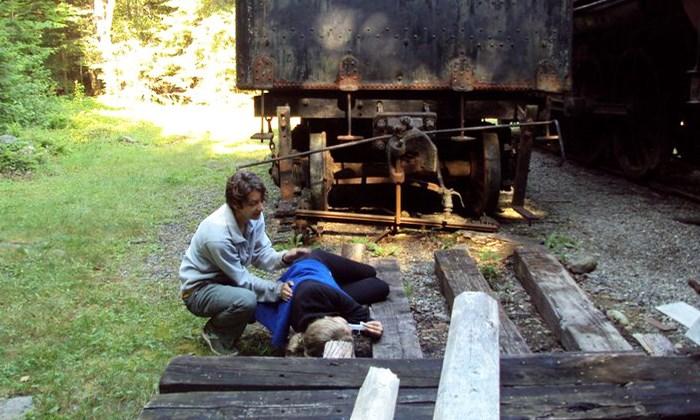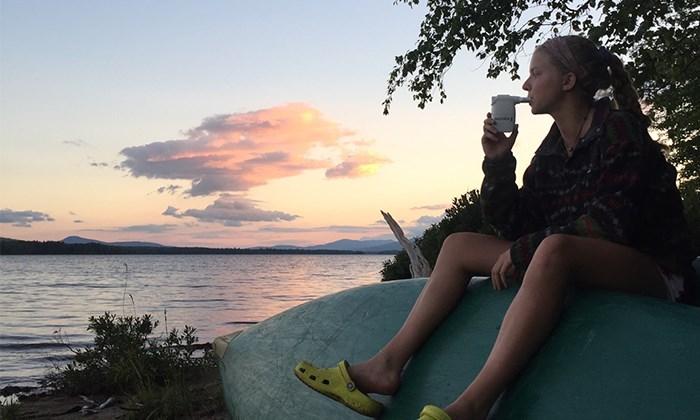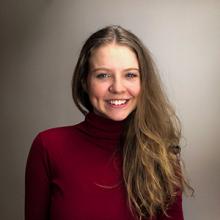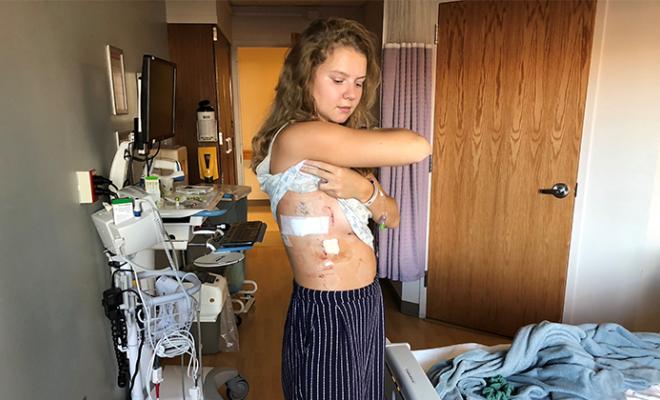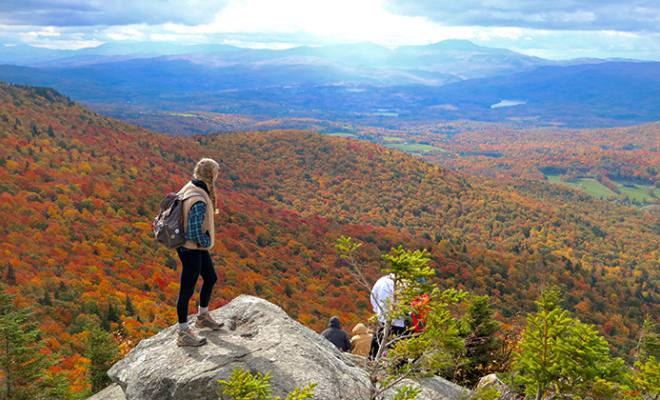From ages 5 to 20 I spent my summers at a small wilderness overnight camp in New Hampshire, and now I'm beginning to recognize the habits it instilled in me. From being open and comfortable talking about my cystic fibrosis to learning how to adapt my treatments to any environment, I credit my summer experiences for developing my maturity regarding my health. I want parents to know that it is possible and beneficial to send your child with CF to an overnight camp.
When habits and values are formed at a young age, they tend to stick, right? Especially in a CF context. It seems the older you get, the harder it gets to change your outlook on -- and expectations for -- your disease. Camp showed me that sharing CF with my peers was normal, opening up dialogues about disease doesn't have to be weird, and that I can do anything the other kids can do. These lessons have stuck with me and made my life transitions easier, like when I moved internationally when I was 12, moved away to college at 18, studied abroad for five months at 20, and graduated college at 22.
Yes, I did have a peripherally inserted central catheter (PICC) line pulled out at camp. I had to leave a week early for a hospital admission. But, I spent every other summer there just like every other kid -- coming home with scrapes, bruises, and a huge smile.
Unlike being at school, I had to do my treatments around my peers at sleep-away camp. It was practically impossible to hide it. I did my vest and nebulizers in the infirmary every day as campers walked in and out constantly. Some kids would ask what I was doing, which gave me the opportunity to frame and explain CF in my own words. Every summer I got more used to -- and more confident about -- explaining that I had cystic fibrosis. I believe that because I had so much practice telling other kids what CF is and showing them my treatments, I'm more open about my CF now. Practicing this is hard to do unless you're thrown into an environment and community like sleep-away camp.
Leaving my home every summer and being placed in an outdoor environment taught me that CF isn't something I just “do” at home and that my parents weren't the only ones nagging me about my treatments. CF is inside me and follows me wherever I go. Going to camp and having different adults ensuring I do my therapy made me realize that treatments are important and I must always do them, wherever I am and whoever I'm with. But, more importantly, it taught me that my treatments can be done wherever I am, whether I'm at home, at camp, or on a hiking trip.
Simply telling me that CF wouldn't “hold me back” wasn't enough. I needed the opportunity to prove it to myself. This camp was a wilderness trip camp, so we lived outside and frequently went on overnight hiking trips. To do this, I had to learn how to carefully adapt my treatments to the outdoors and with the help of my support team -- my family, doctors, and camp staff -- I was able to go on every trip, whether it was for one night or four. Because of this, I never thought CF limited what I could do or where I could go. If I could hike and do my therapy on the top of a mountain, I could do it anywhere.
Looking back, going to camp felt like a reset. I came home fully refreshed, happier, physically stronger, and stress-free. I believe it's because I felt less burdened by CF at camp because everyone expected it and I was in such a fun environment that therapy never felt like a chore! Even when I became a staff member as an older teen, the camp's support was overwhelming, and I often found curious campers by my side watching me do my vest and nebulizers.
It's hard to venture away from electricity, technology, and the repetitive rhythm of life because well, we depend on it so heavily to keep up with our treatments! But, it is possible and incredibly empowering for a CFer to escape the weight we all bear on our shoulders and live simply, while still keeping up with treatments.
Join the conversation on Facebook.


